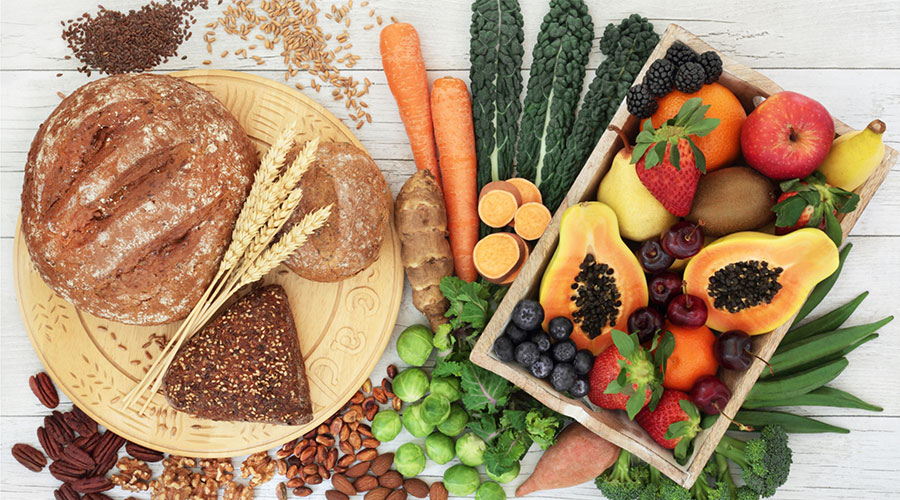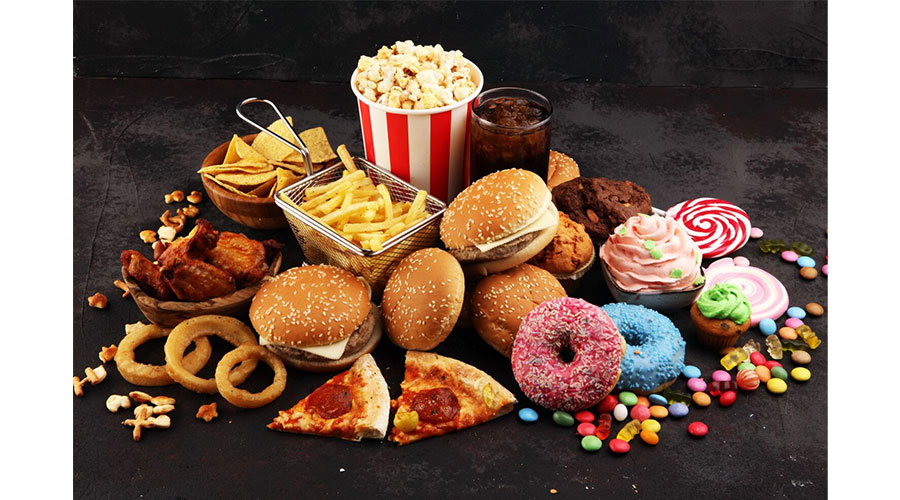Salt therapy – All you need to know
- 24 Feb - 01 Mar, 2024
The following advice may enable you to naturally speed up your digestion if you've been experiencing any stomach pain, bloating, or other discomfort.

Exercise would be the miracle medication if there were one. There are so many advantages to physical activity, including a reduction in disease risk, increased strength, and stress alleviation. Exercise has numerous obvious advantages, but moving your body can also aid in the passage of food through your digestive system. And this result is important: Regular cycling and jogging, according to one study, can shorten gastrointestinal transit time by 14.6 and 17.2 hours, respectively. 1 That is a significant difference! Also, a straightforward exercise programme may help those who already from constipation. According to some studies, even just 30 minutes of daily walking and 11 minutes of at-home exercise can considerably reduce symptoms.
Most likely, you are already aware of how fibre benefits intestinal health. Fiber aids in two particular methods that reduce the duration of digestion: Insoluble fibre moves food through your digestive tract and keeps things going, whereas soluble fibre absorbs water and helps you pass stool. A high-fiber diet has been associated in studies to a lower incidence of digestive illnesses such irritable bowel syndrome and inflammatory bowel diseases (IBS). If you don't currently consume a lot of fibre, start doing so gradually. Bloating, gas, and constipation can result from consuming too much fibre at once, working against your intended goals.

Your body benefits greatly from healthy fats like those in avocados, almonds, chia seeds, olive oil, and seafood. Digestion may be slowed by other kinds of fat, including those in fast food and fried potato chips. Because they are high in fat, which takes longer to digest than fibre, and contain little to no fibre, scientists believe that these meals may contribute to constipation. Excessive salt level may also cause your stool's water content to decrease, making it harder to pass. However, consuming primarily fast food or prepared foods rich in fat may just not leave enough room in your diet for foods like fruits, vegetables, and whole grains that are good for digestion.
Low fluid intake has been linked to constipation in both children and adults. Although everyone's demands for hydration are different, doctors advise men to drink 3.7 litres (125 ounces, or roughly 15.5 cups) of fluid per day and women to drink 2.7 litres (91 ounces, or roughly 11 cups). This may seem excessive, but bear in mind that it also includes fluids from food and non-water beverages. Consuming a lot of fruits and vegetables can assist you in getting the appropriate amount of fluids. Furthermore, there isn't any conclusive evidence that caffeine causes dehydration,11 especially in people who regularly consume caffeinated beverages. Moreover, coffee may actually hasten the process of digestion.
Sleep patterns may affect digestion and bowel motions, a theory that has been put out by scientists for many years. Moreover, gastrointestinal disorders like gastroesophageal reflux disease (GERD), peptic ulcer disease (PUD), irritable bowel syndrome (IBS), and inflammatory bowel disease have all been connected to poor sleep (IBD). High-quality sleep is advised as a lifestyle-based treatment for poor digestion and digestive diseases by the Gastrointestinal Society, a division of the Canadian Institute for Intestinal Research.
Do you frequently consume food without chewing it thoroughly? If so, your incredibly fast eating habits can be causing your digestion to be uncomfortable and slow. Salivary enzymes start to digest food in your mouth, where the digestive process begins. Your teeth contribute by breaking down the food's hard exterior shells and skins, turning each mouthful into a pulp that your digestive enzymes can easily pass through. Chewing your meal properly increases the amount of nutrients your body can absorb from some foods23 and may help you avoid overeating24, which lowers your risk of developing indigestion.
COMMENTS